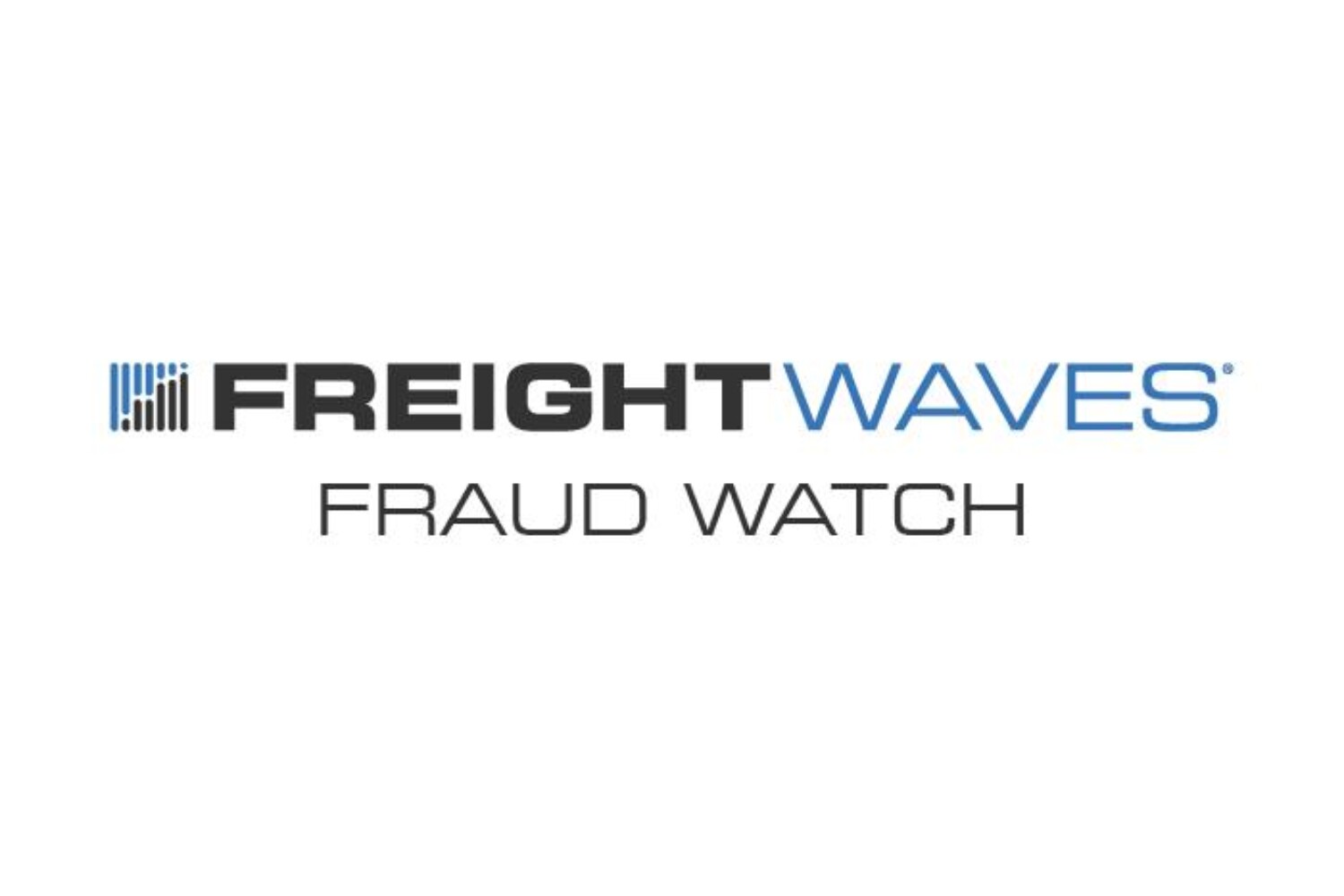Cargo theft has emerged as a critical concern in the U.S. supply chain, drawing attention during a recent Senate Judiciary Committee hearing on organized retail crime (ORC). Published on July 22, 2025, by Supply Chain Dive, the article highlights a shift from store-based thefts like shoplifting to supply chain vulnerabilities, emphasizing the need for federal action amid rising incidents and imprecise data.
Senate Judiciary Committee Chair Chuck Grassley (R-Iowa) opened the hearing by stating, “This threat has evolved to our supply chains, exposing significant vulnerabilities,” referencing a federal indictment of 11 defendants accused of stealing nearly $500,000 worth of Nike shoes from a train.
Lawmakers and witnesses described how these crimes result in substantial losses, impacting businesses, consumers, and even funding domestic and international criminal activities.
Statistics underscore the problem’s scale, though sources vary. Verisk CargoNet reported 3,625 incidents across the U.S. and Canada in 2024, a 27% increase from 2023, occurring at various supply chain points.
David Glawe, president and CEO of the National Insurance Crime Bureau (NICB), testified that cargo theft hit historic highs last year, with losses exceeding $1 billion and projected to rise another 22% in 2025. Donna Lemm, chief strategy officer at IMC Logistics, cited an annual loss of $35 billion, a figure echoed by the American Trucking Associations (ATA) and attributed to the Department of Homeland Security (DHS), though DHS estimates range from $15-35 billion without clear sourcing.
The Association of American Railroads (AAR) estimated over $100 million in costs to major railroads last year.
The National Retail Federation (NRF) deferred to NICB, ATA, AAR, and CargoNet for reliable stats, having rescinded its own ORC figures in 2023 due to inaccuracies. Challenges include inconsistent data collection, which "lack empirical evaluation and utility," per a March study in the Journal of Applied Security Research by Ronald Burns and Charles Crawford. They attribute this to the U.S.’s decentralized law enforcement structure.
To combat this, bipartisan legislation—the Combating Organized Retail Crime Act—was re-introduced in both congressional chambers in April. Sponsored by figures like Grassley and Rep. David Valadao (R-Calif.), it aims to establish a DHS coordination center for information-sharing, investigations, and prosecutions across federal, state, and local levels. The bill seeks to address evolving tactics, such as flash mobs and online sales of stolen goods, which harm retailers, employees, and economies. The article illustrates the issue with imagery of a Union Pacific freight train in Los Angeles amid debris from stolen packages, symbolizing widespread disruption.
While imprecise metrics may hinder efforts, stakeholders urge comprehensive federal intervention to safeguard supply chains and deter criminals.
![]()

![]()